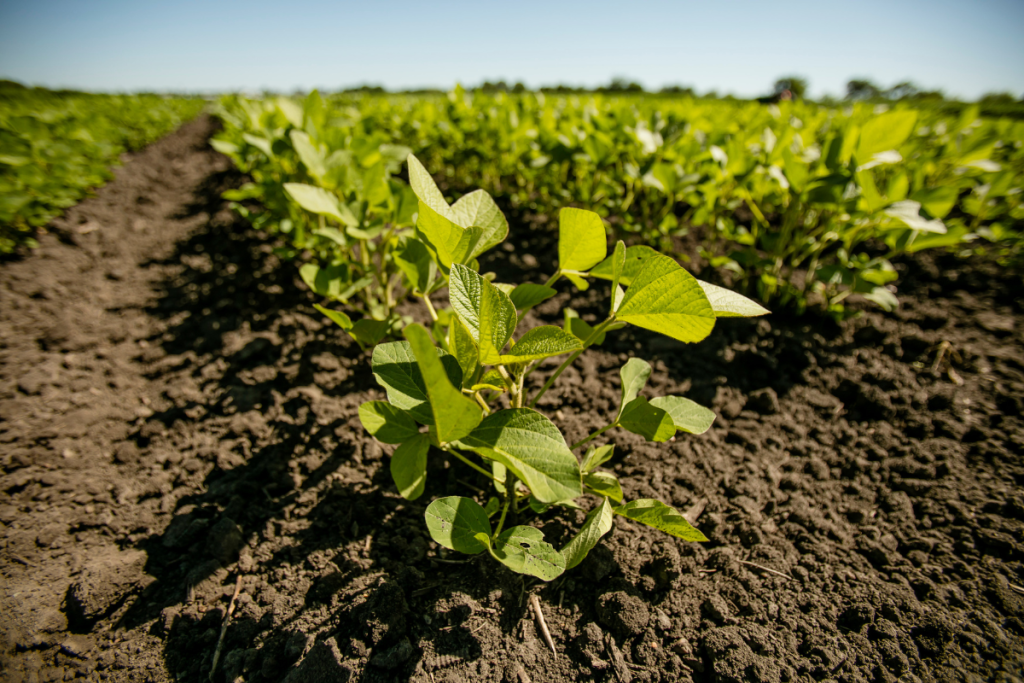
Scientists at the Illinois Sustainable Technology Center (ISTC) are tackling the issue of pharmaceutical contaminants from irrigation with rural sewage effluents in a newly funded project.
Collaborating with the Illinois State Water Survey, principal investigator Wei Zheng has begun a three-year study to investigate emerging contaminants, such as pharmaceuticals and personal care products (PPCPs), in fields irrigated with effluents from rural sewage treatment plants and to develop effective strategies to reduce the amount of contaminants transported to surface or groundwater.
Rural sewage effluent has great potential as an alternative to irrigation water, yet there are concerns about possible negative effects. Rural treatment plants are less effective at removing PPCPs compared to municipal wastewater treatment plants. Therefore, the use of effluents might pose a risk to surface and groundwater ecosystems.
Also, field tile drainage systems, which are commonly used in the Midwest, may accelerate the losses of these chemical contaminants from agricultural soils to nearby watersheds. The potential negative effects of using rural sewage effluent to irrigate tile-drained fields are essentially unknown.
In this project, the research team will conduct a series of laboratory, field, and numerical modeling studies to investigate the processes affecting contaminant transport, track the occurrence of PPCPs, and develop two cost-effective control techniques, oil capture and biochar-sorption channels.
The results will help federal and state agencies and farmers evaluate their current nontraditional water-use practices, inform science-based regulatory programs, and suggest best management strategies to minimize risks and promote the safe and beneficial use of nontraditional water in agriculture.
The project is funded by the U.S. Department of Agriculture.
Media contact: Wei Zheng, 217-333-7276, weizheng@illinois.edu, news@prairie.illinois.edu

